
Inclusive schools: beneficial for all?
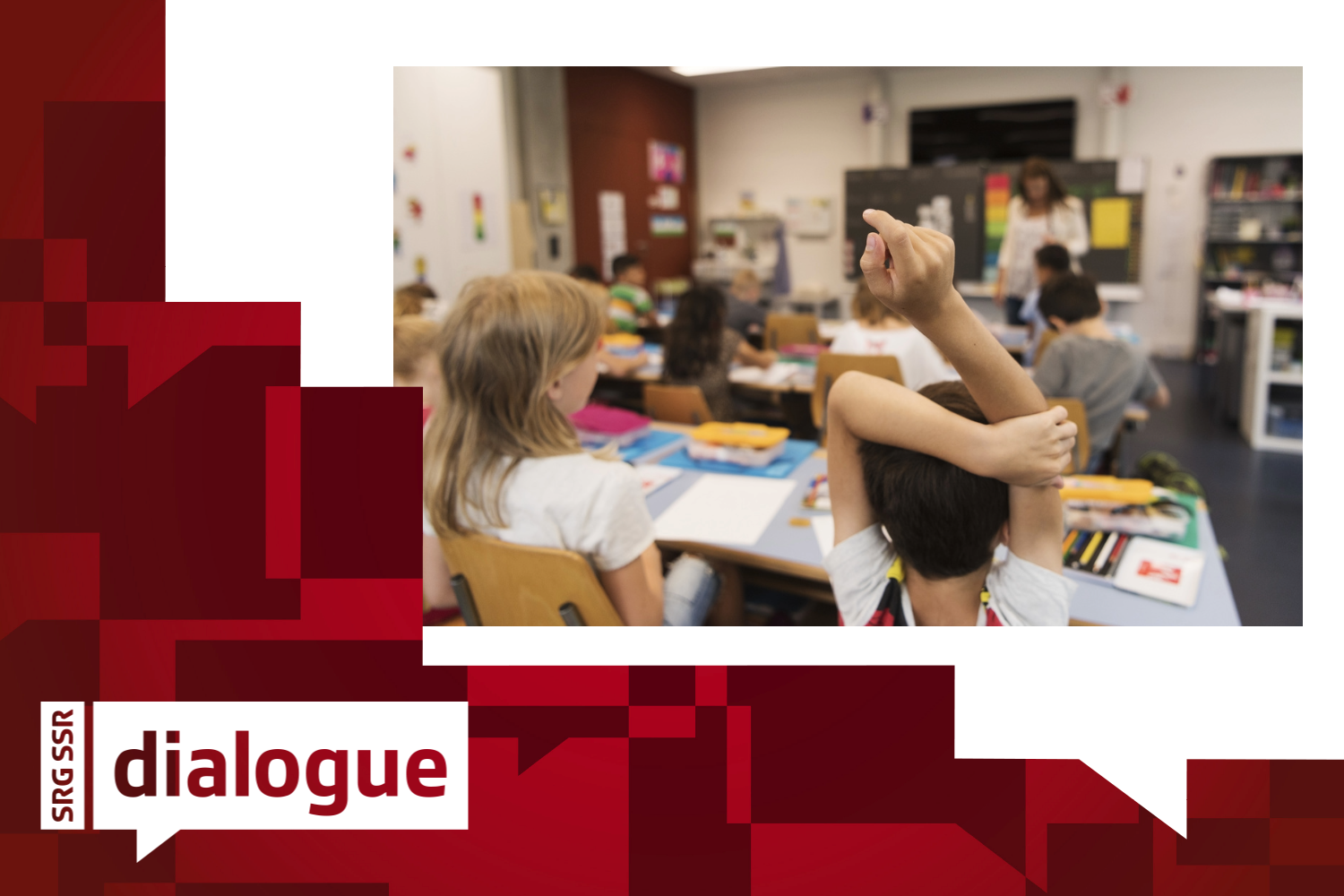
Inclusive schools, in which children with disabilities are enrolled in regular schools, have been an issue of debate in Switzerland for several years. What do your take on the topic? Join the discussion on “dialogue”.
The summer holidays are rapidly approaching, however the Radical-Liberal Party has opted to assign summer homework to politicians. The party recently initiated a discussion about education, aiming to refocus schools around what they describe as “fundamental tasks”: reading, writing, and arithmetic. Among their seventeen proposals is an examination of inclusive education, a topic that has generated considerable debate in recent years.
Compare your views on the Swiss education system with people living in Switzerland and the Swiss Abroad:
What is an inclusive school?
The concept of inclusive schooling emerged in the latter half of the 20th century, spurred by the United Nations’ efforts to enhance the integration of individuals with disabilities into society. Its objective is to ensure that as many students as possible with special educational needs are included in regular classes. These classes are supported by specialised teachers who provide additional assistance to these students.
The concept behind inclusive schooling aims to prevent the marginalisation of certain children, particularly those with disabilities. Marah Rickli, advocate for inclusive education and mother of a 9-year-old girl with a developmental disorder, says that “disability should not be viewed negatively, but it should be considered a characteristic like eye or hair colour”.
In an interview with SWI swissinfo.ch in summer 2023, Marah Rikli talks about inclusive education, social roles, injustice, diversity and her hopes:

More
‘A disability is a characteristic like the colour of your eyes’
According to a recent document on school education,External link the Radical-Liberal Party sees it differently. “Inclusion is desirable, but pursuing it at any cost leads to no meaningful outcomes”. An inclusive school, according to them, “disadvantages children with learning difficulties and impedes regular teaching”. The party also criticises the “artificial and highly expensive standardisation” that benefits no one and undermines equal opportunities.
What do you think, does one school for all work? Join the discussion on “dialogue”:
Heated discussions in the German-speaking cantons
The Radical-Liberal Party’s stance reflects the ongoing controversies surrounding inclusive education in Switzerland, particularly in the German-speaking regions. Although the concept is supported broadly, its implementation varies significantly from one canton to another. Notably, Basel-Stadt faces strong resistance. The teachers’ union has initiated a proposal advocating for specialised catch-up classes to assist children who struggle with integration in regular classrooms.
This mirrors the approach taken in Lucerne. At the beginning of the previous school year, the canton implemented four specialised classes on a trial basis for a three-year period. These classes cater to children with behavioral issues and socio-affective development challenges, as explained by Martina Krieg, the head of the cantonal department of primary education. She maintains that this approach does not deviate from the inclusive school principle.
Listen to the Swiss public radio, SRF, report from LucerneExternal link (22.05.2023):
Ticino and Valais, as pioneering cantons, stand out
Ticino is often regarded as a role model. While not flawless, school integration in Ticino is the most advanced in Switzerland. The Italian-speaking canton benefits from its proximity to Italy, where students with disabilities have been integrated into regular classes since the 1970s.
In Valais, another pioneering canton, inclusive schools appear to encounter minimal issues. Last summer, the French-language Swiss television broadcaster RTS documented Audrey’s start of the school year in Monthey. Audrey, an 11-year-old, receives a traditional education with the assistance of a specialised teacher. Her parents have consistently chosen not to enroll her in a specialised institution, aiming to provide her with the most normal life experience possible.
French-speaking Swiss public radio, RTS, visited the schoon in Monthey:
Growing concern in French-speaking Switzerland
“We strive to integrate when feasible, but it’s not always possible. Inclusion is a goal, not an end in itself”, says Christophe Darbellay, member of the Valais cantonal government and head of the cantonal department of education. While several French-speaking cantons have reported challenges with inclusive education, Darbellay acknowledges significant progress in personalised teaching.
Watch the interview with Christophe Darbellay on French-speaking Swiss public Radio, RTS:
In French-speaking Switzerland, discontent is growing regarding support for inclusive schools. According to a survey conducted among more than 2500 teaching staff, concerns primarily focus on the lack of resources and the significant increase in workload. Additionally, there is strong resistance to the current practice of inclusive education.
French-speaking Swiss public radio, RTS, reported on the survey:
Adapted from French by Isabelle Bannerman/amva

In compliance with the JTI standards
More: SWI swissinfo.ch certified by the Journalism Trust Initiative












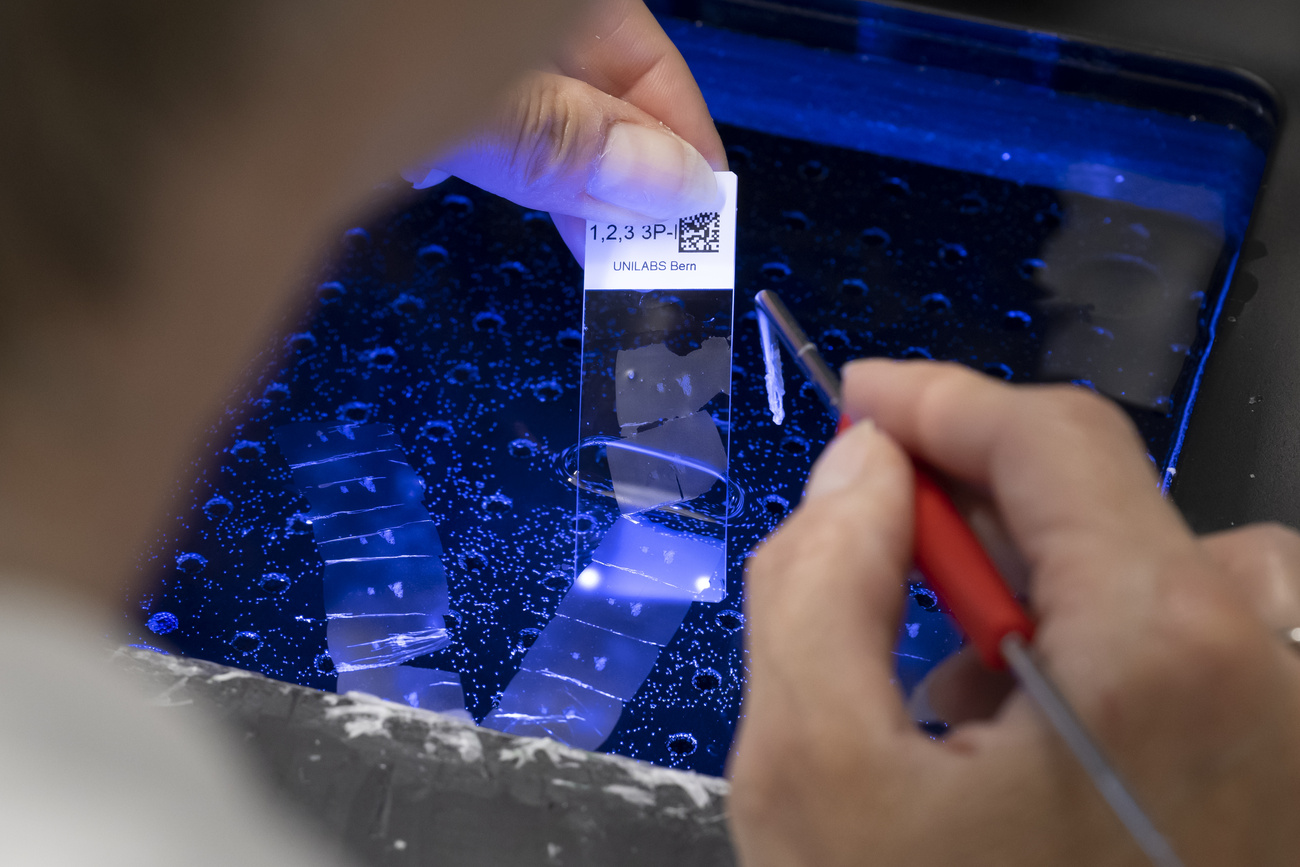


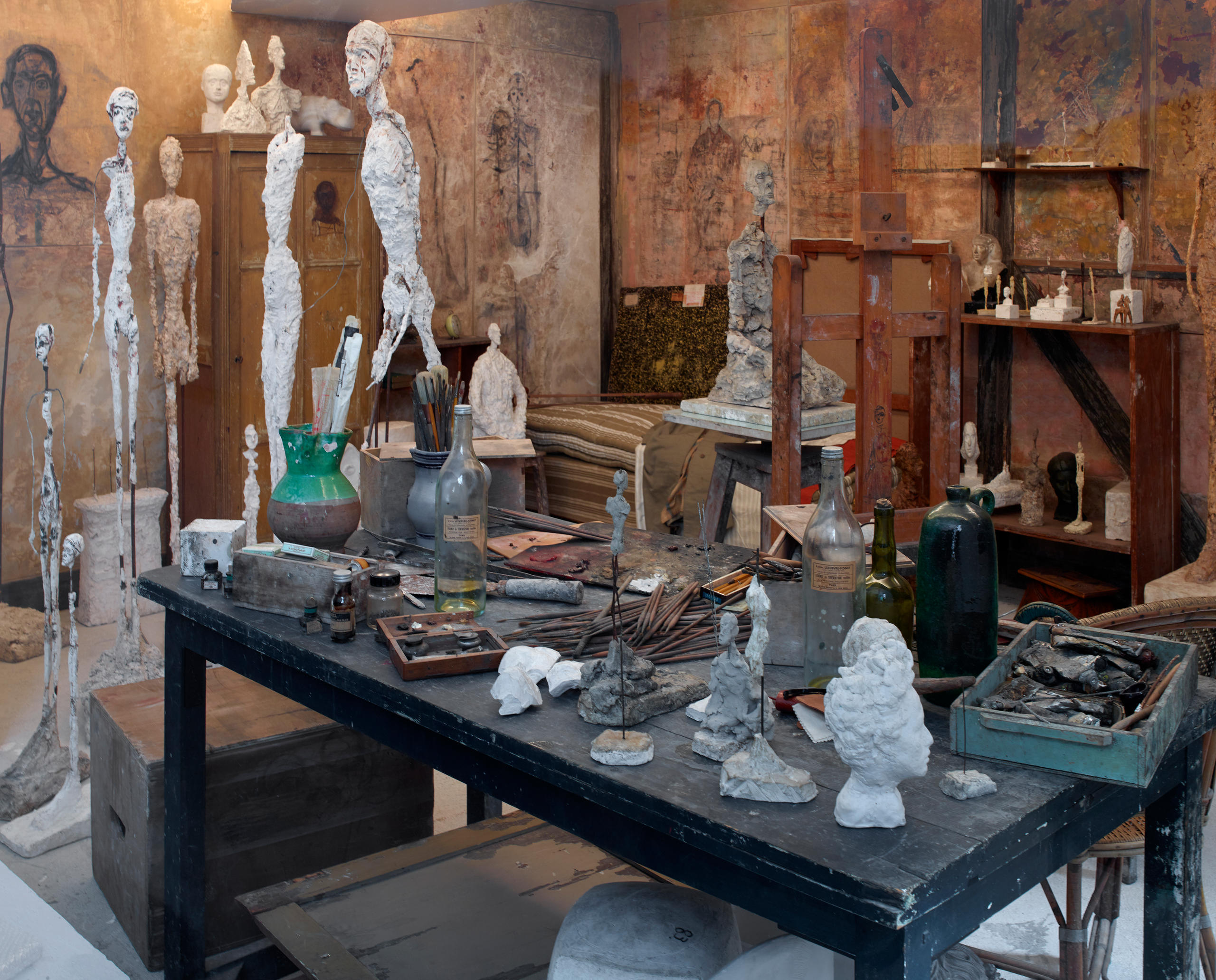


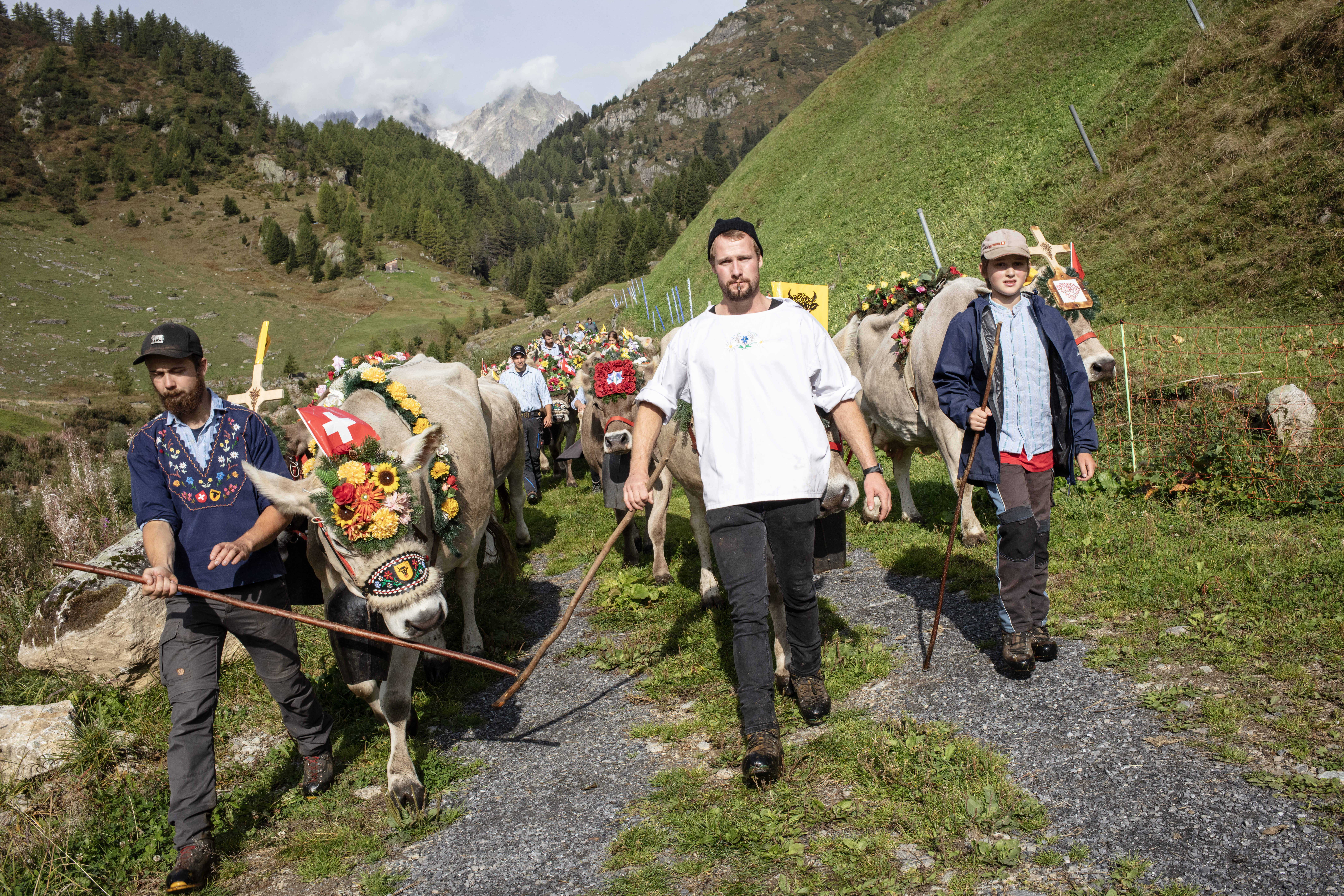









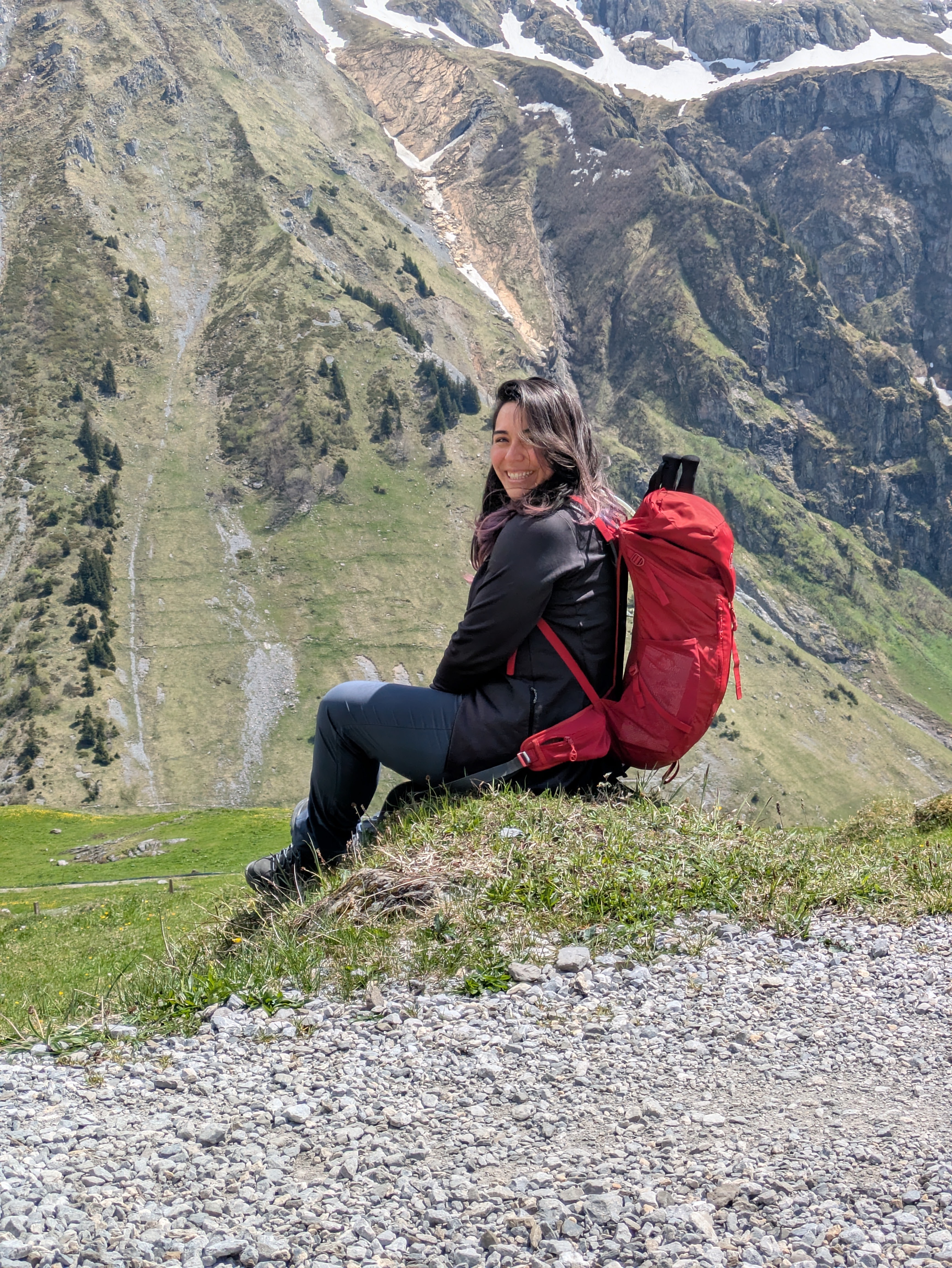

You can find an overview of ongoing debates with our journalists here . Please join us!
If you want to start a conversation about a topic raised in this article or want to report factual errors, email us at english@swissinfo.ch.